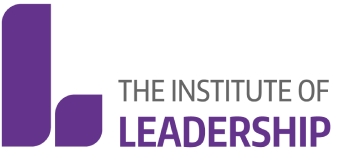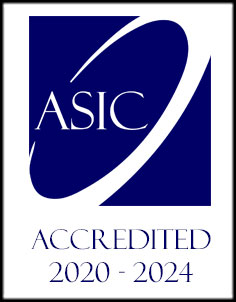Course Overview
Violence in elections can pose serious threats to both the security and democracy of a country and can lead to a loss of life or a regime change. Electoral management bodies, electoral observers, police forces and the military all have responsibility over the peaceful delivery of an election. This programme shall seek to identify the potential flashpoints in the conduct of the election cycle. Participants on this course will examine legal structures and statutory procedures for handling complaints, the complaints procedures of the EMB and electoral commission, and will learn how to apply international best practice in local contexts in dealing with possible conflict whilst developing strategies to mitigate risk.
At the end of the course, the delegates will be able to:
- Develop greater understanding of the interaction between statutory and EMB guidance informal complaint handling
- Analyse the extent of training needed by EMB staff to handle conflict situations effectively
- Analyse the role of new technologies in reducing the potential for conflict to arise
- Examine the psychology of conflict and the impact of power, stress and self-interest on possible conflict situations in the context of elections

The Institute of Leadership has approved this training course. The Institute combines years of research, knowledge and innovation to champion the leadership agenda for alL and since 1947 they have carried out extensive research into the knowledge, skills, attitudes, behaviours and values of great leadership. Based on The Institute's core leadership values, this course meets the standard that enables learners who have completed to access the following benefits:
- Membership of The Institute of Leadership will be in receipt of an ICPS/The Institute joint Certificate of achievement for the course
- Access to a raft of resources to help you with your continuing professional development, including an award-winning library of e-learning content
- A community of over 70,000 members worldwide enabling you to collaborate and grow your knowledge and skills
- Receipt of weekly news updates, podcasts and cutting-edge research and a monthly published journal and invitations to topical webinars
- Authorisation to use approved letters AMInstL (Associate Member of The Institute of Leadership) after your name for business correspondence
Learning Outcomes
- Legal and EMB complaint procedures
- Strategic planning to engage with stakeholders
- International standards in elections to ensure credibility
- Develop practical strategies to manage potential flashpoints
- Empowering staff to handle possible conflict locally and informally
How You Will Benefit
- The opportunity to gain a recognised professional qualification
- Hear the latest insights, research and developments in from leading experts
- Network and share ideas with colleagues from around the world
- Enhance your skills and knowledge to address sustainable solutions.
Who Should Attend?
Staff from electoral management bodies, electoral commissions, NGO representatives, legal professionals with an interest in the area, participants in domestic and international election observer missions, and government officials.
Agenda
Day 1
- - Aims and objectives
- - Understanding electoral conflict and violence, definitions, causes
Day 2
- - Electoral cycle and violence at different stages
Day 3
- - Electoral observation, standards, procedures

